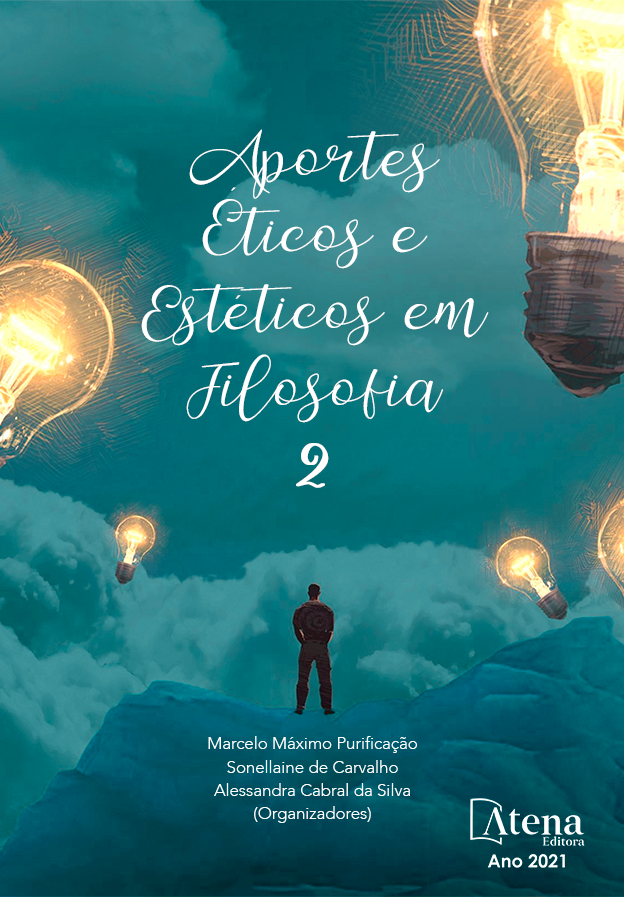
O PROBLEMA MORAL DO IMPULSO À VERDADE E A ESTÉTICA DA VONTADE DE PODER COMO SAÍDA POSSÍVEL
Na filosofia do jovem Nietzsche, mais especificamente no texto
de 1873 intitulado Sobre verdade e mentira num sentido extramoral, percebe-se
um caminho metodológico entre conceitos, como verdade, mentira, moral e arte,
de modo que todos se interligam num roteiro que conta a própria história
humana, tratando concomitantemente em mostrar os problemas engendrados
pela entrada desses conceitos na existência do homem. A grande questão é que
muitos desses conceitos dão luz a outras análises muito mais elaboradas e
polidas que só viriam em sua maturidade intelectual, como na criação do
conceito de vontade de poder, super-homem e perspectivismo. Aqui não se
procura analisar somente as semelhanças, mas explorar os caminhos dados
pelo jovem Nietzsche que, por vezes, apesar de um tanto poéticos, são suscintos
em suas argumentações e, não apresentam conflitos com a própria forma em
que foram expressos, uma vez que a saída mesma dos tais problemas seria
através de um perspectivismo artístico.
O PROBLEMA MORAL DO IMPULSO À VERDADE E A ESTÉTICA DA VONTADE DE PODER COMO SAÍDA POSSÍVEL
-
DOI: 10.22533/at.ed.3022118058
-
Palavras-chave: verdade; vida; arte; moral; perspectivismo.
-
Keywords: truth; life; art; moral; perspectivism
-
Abstract:
: In the philosophy of the young Nietzsche, more specifically in the
1873 text entitled “About truth and lie in an extramoral sense”, it is possible to
perceive a methodological path between concepts such as truth, lie, moral and
art, so that all are interconnected in a script that tells the human story itself,
looking to show, concomitantly, the problems engendered by the entrance of
these concepts into the existence of man. The big question is that many of these
ideas generate other much more complex and polished analyses that would come
only in his intellectual maturity, as in the creation of the concepts about the will of
power, superman and perspectivism. Here we do not seek to analyze only the
similarities, but to explore the paths given by the young Nietzsche, although
somewhat poetic, they are succinct in their arguments and do not present
conflicts with the way in which they were expressed, thus, the resolution of these
problems would be through an artistic perspectivism -
Número de páginas: 11
- RAUL REIS ARAUJO


